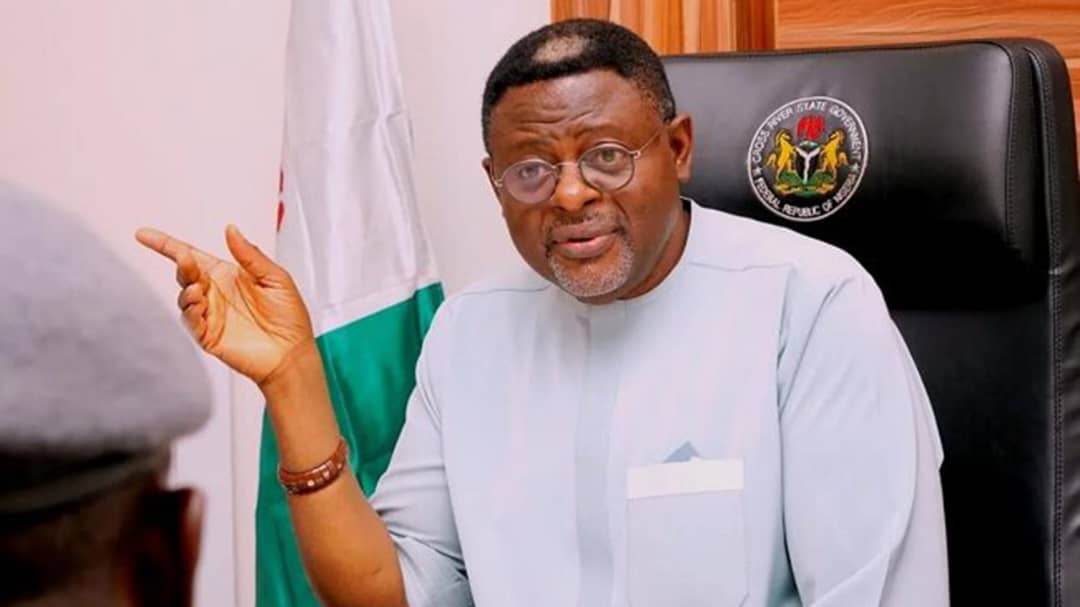Major Energies Marketers Association of Nigeria (MEMAN) has called on the government to ensure implementation of the Petroleum Industry Act (PIA) in ways that addresses procedural hurdles and administrative delays, stating that they still raise costs and slow investment in the sector.
Muhammad Kassim, representative of the Association, stated this while speaking at the 2025 annual conference of the Energy Correspondents Association of Nigeria, held in Abuja on Thursday.
According to Kassim, the PIA replaces longstanding ambiguity with a clearer legal and institutional architecture that can support stronger governance, attract responsible investment, protect public interests, and promote a competitive market that benefits consumers.
He however stressed that while policy and institutional design are essential, policy alone will not deliver results for citizens, adding that implementation remains the critical next phase.
He said, “Progress on social provisions, including establishment of Host Community Development Trusts, has been uneven, and capacity and coordination gaps continue to slow effective delivery. We must also ensure the new framework is applied in ways that prevent market concentration, guarantee open access to critical infrastructure, and protect consumers
from anti-competitive behaviour.
Read also: Nigeria races to attract exploration dollars, sets December oil bloc auction
“Coordination across institutions and levels of government must be tightened. Where roles overlap or communication is weak, projects slow down and opportunities are lost. Second, capacity building is urgent, new mandates require regulatory staff, technical teams, and industry partners with up-to-date skills in licensing, monitoring, technical assessment, and market regulation.
“Procedural hurdles and administrative delays still raise costs and slow investment and service delivery. Effective stakeholder engagement with host communities, civil society, and consumers is not optional; it is central to legitimacy and sustainable outcomes.”
Kassim emphasised the need to streamline processes and remove avoidable delays, review licensing and permit workflows with the objective of eliminating redundant steps, he added that faster, predictable processes reduce cost and encourage responsible investment.
Gbenga Komolafe, Commission Chief Executive (CCE) of Nigerian Upstream Petroleum Regulatory Commission (NUPRC), said that the enactment of the Petroleum Industry Act (PIA) in 2021, has ushered in a new era of governance, fiscal reform, and institutional realignment in the Nigerian petroleum industry.
He noted that in terms of environmental sustainability, the PIA makes provisions to address pressing environmental concerns, notably through the Gas Flare Commercialisation Program (NGFCP), which aims to achieve zero gas flaring by 2030, and other provisions for promoting sustainability practices across the oil and gas sector.
Komolafe who was represented by Kingston Chikwendu, Head, Regulation & Statutory Compliance, NUPRC, explained that in embracing its mandate with a clear focus on upstream resource optimisation, the Commission has issued enabling regulations that operationalise key provisions of the PIA.
“These regulations are benchmarked against global standards, providing a stable and predictable framework that enhances investor confidence
“In furtherance, we have embedded data intelligence and digital innovation into upstream operations. The revitalised National Data Repository (NDR), Africa’s largest digital petroleum data bank, now enables seamless access to high-quality geoscientific data, improving investment decision-making.
“Through seismic reprocessing, advanced data-driven basin analysis, and targeted data acquisition, we are enhancing subsurface knowledge and de-risking exploration,” he said.
He also explained that the bid rounds, facilitated by the Commission is anchored on quality data access, regulatory certainty, and an investor-centred reform agenda. These bid rounds he said includes: the 57 PPL awards of 2022, the 2022 Mini-Bid Round, and the 2024 Licensing Round.
“Each of these rounds was conducted with unprecedented transparency, unmatched competitiveness, and remarkable investor engagement. Fiscal reform has indeed been a key lever,” he added.
In his remarks, John Ofikhenua, the Chairman of ECAN said that the theme of the conference, ‘Four Years of the Petroleum Industry Act (PIA): Achievements, Gaps and the Way Ahead,’ is both timely and thought-provoking.
“Four years on, it is right that we pause to ask: How far have we come? What has changed? And what must we still do to make the promise of the PIA a living reality for all Nigerians? As one who has covered this sector for many years, I cannot forget the long and tortuous journey that brought us here.
“For over two decades, we reported the hopes, frustrations, and sheer resilience of stakeholders who yearned for reform. We chronicled the endless back-and-forth of the Petroleum Industry Bill — its drafts, its withdrawals, its controversies, and its rebirth as the PIA.”
He said the passage of the Act was no accident but a triumph of persistence — a product of the vision and hard work of many Nigerians.









